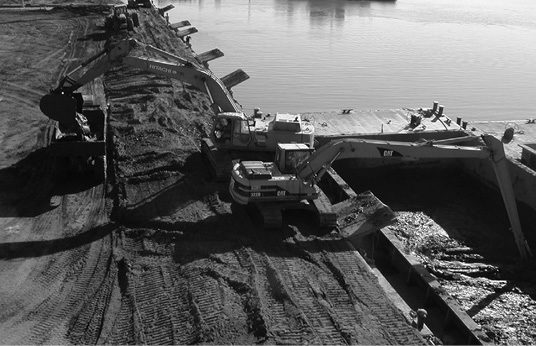No-Till Farmer
Get full access NOW to the most comprehensive, powerful and easy-to-use online resource for no-tillage practices. Just one good idea will pay for your subscription hundreds of times over.

The Shirley Plantation traces its roots back to 1613 as the oldest continuous farming operation in North America. Charles Carter, the 11th generation of the family, says it has turned into an extremely diversified, highly innovative no-till operation.
Tobacco was the big crop until the early 1800s and even then the Charles City, Va., family recognized the value of conservation practices and crop rotations in protecting the land. Much of the ground is no-tilled today to improve soil quality and boost crop profits.
In the 1990s, the plantation owners wondered if there was a way to return land disturbed by sand and gravel mining done by the previous generation to prime farmland.
Further discussions led to a research partnership between the plantation owners and Virginia Tech soil researchers to evaluate the impact of deep tillage and biosolids application on mined ground.
Then, 10 years ago, the land reclamation project took on a more dramatic look. This was due to a unique opportunity that came out of a bridge building and dredging project in Washington, D.C.
When construction of the replacement Woodrow Wilson Bridge that connects Virginia with the nation’s capitol meant the Potomac River in that area needed to be deepened, Carter learned the contractors had to find a home for 502,000 cubic yards of freshwater dredged soil material.
Securing soil samples for testing, Carter and Virginia Tech researchers determined the dredged material that was to come from the Potomac River contained 35% to 45% silt, had…